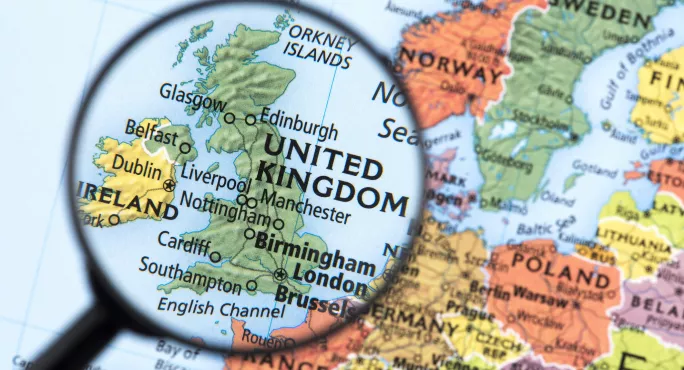- Home
- ‘If we must remember our history, teach us colonialism’
‘If we must remember our history, teach us colonialism’

It is no secret that the British Museum hosts a large volume of artefacts belonging to communities that have been stolen by the British.
These artefacts include, but are not limited to, the Rosetta Stone from Egypt, the Gweagal shield from the Gweagal people of New South Wales, Australia, and, most famously, the Elgin Marbles from Greece.
Across both the government petition website and change.org, there have been a number of petitions launched asking for the repatriation of the stolen artefacts.
An archived petition from 2018 asked for the repatriation “of the stolen Parthenon Marbles” but was rejected on the grounds it was not something the UK government was responsible for.
This is not an issue that is going away though.
A petition on change.org asking for the return of the Hoa Hakananai’a to Easter Island, a statue that the British Museum has specifically been asked to return by the governor of Easter Island, had obtained 61,000 signatures as of 13 June.
Another has asked for the return of the “stolen Nigerian art in your possession”, arguing that the British Museum must acknowledge the country’s “history of imperialism, robbery, art trafficking and exploitation”.
Whether any action is taken remains to be seen.
Anti-racism protests and our colonial history
These petitions carry even more weight when they are considered in light of statements from Boris Johnson in recent days, who has argued the statues of British colonialists in our cities “teach us about our past” and the removal of them would deprive the public of our access to our history.
It seems ironic that the prime minister is desperate for our past to be projected and celebrated on our high streets, yet we, as a nation, deny other communities and cultures access to their past.
For me, what is perhaps even more hypocritical is that despite Johnson’s statements talking about the importance of the awareness of our past, such a focus is almost entirely absent from our education system.
From my childhood, I have distinct memories of learning about explorers such as Captain Cook, idolising their sense of adventure and ability to discover new worlds. I remember when I was around nine-years-old thinking that I wanted to be an explorer when I grew up.
I only began to realise the extent of the damage British people have caused as part of their exploring after visiting both Australia and New Zealand this year.
New Zealand, a society we perceive as having equality between two cultures, still displays radical cultural inequality that, although hidden from plain sight, can easily be seen once conversing with a Maori person.
Frankly, I felt absolutely disgusted that my primary school curriculum would allow me to idolise the people that made way for white supremacism across the world.
Our failings as a nation
In school we are taught about the issues in other countries; we learn about Nazi Germany, the Israel/Palestine conflict, yet the first real experience I had where I saw the extent of our damage was when I travelled to the other side of the world.
People should not wait until they are an adult and 12,000 miles away to learn about our failings as a nation.
Clearly there is a huge need in schools for a curriculum that includes an education about the full extent of our past and not just our moments of pride. Many feel likewise.
A petition on the government website asks to “Teach Britain’s colonial past as part of the UK’s compulsory curriculum”, and had received 197,558 signatures as of 14 June. A petition on change.org of a similar title had obtained 337,000 signatures by the same date.
Perhaps another way to contribute to this education, and to enable this information to be reached by people of all ages, would be to devote a museum to raising awareness of our imperialism.
Fallen statues to replace stolen artefacts
With the issues around the British Museum, the statues in our cities and the growing need for justice towards the black and minority ethnic community coming to a head in recent weeks, it seems a fitting idea to marry these issues together in a way of moving towards justice.
During a previous attempt to force the British Museum to return stolen artefacts in 2006, the museum’s director released a statement explaining that the returning of these objects would “empty both the British Museum and the other great museums of the world”.
As the emptying of the British Museum is of such high concern, perhaps it would be sensible to use this empty space to provide room for the statues of those such as Edward Colston that are no longer appropriate for our city centres.
Having all of these statues in the British Museum, as well as exhibits on other individuals from our past that we now re-examine thorugh modern eyes, would eliminate concerns that we are trying to neglect our history, while allowing people of other communities access to theirs.
Furthermore, having these statues in one place would provide an excellent platform from which to educate the nation.
Caitie is a student who has just finished a gap year and is going to study philosophy at the University of Exeter this September
Keep reading for just £1 per month
You've reached your limit of free articles this month. Subscribe for £1 per month for three months and get:
- Unlimited access to all Tes magazine content
- Exclusive subscriber-only stories
- Award-winning email newsletters